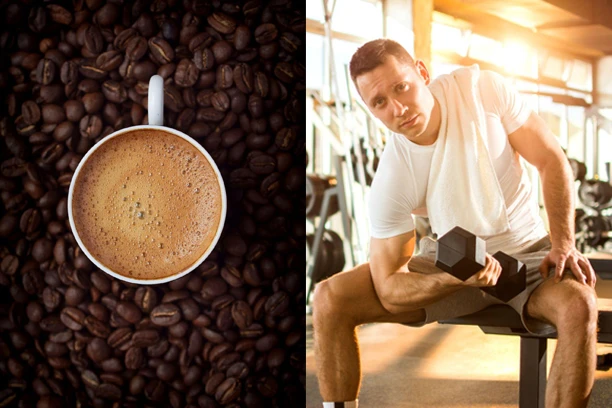For the caffeine boost, many individuals consume coffee before working out. Coffee consumption prior to exercise is not for everyone, despite the fact that it may boost mental and physical performance.
Yash Birla is a fan of coffee and loves to drink a cup or two of coffee each day. Although he doesn’t believe that drinking coffee before workout is necessary, Yash Birla says that one should do whatever motivates them to get up and workout in the gym.
Different people react differently to caffeine, and it can have unfavourable side effects like anxiety, insomnia, and upset stomach.
Before working on exercise, those who are caffeine sensitive might prefer a snack or beverage without caffeine. Others might decide to abstain from meals and liquids prior to exercising in order to avoid getting sick.
Discover the advantages of consuming coffee prior to exercise, the negative effects of caffeine, and caffeine-free pre-workout alternatives by reading more.
Benefits of coffee before a workout
Many people prefer drinking coffee before a workout so let us discuss some of the benefits associated with it.
-
Enhanced physical performance
Caffeine has been shown to improve a person’s physical performance while exercising. They paid particular attention to how it affected cardiovascular capacity, muscular strength, and endurance.
-
Improved cognitive function
In order to feel more awake or aware, many people drink coffee. However, a rise in cognitive ability might equally indicate a rise in athletic prowess. According to a recent study, coffee may enhance several mental processes linked to higher athletic performance, including:
- alertness
- concentration
- energy levels
- fatigue
- Potential increase in fat oxidation
Caffeine consumption before exercise may boost fat oxidation, or “fat burning,” according to some research. This is still uncertain, though.
Risks and side effects
Caffeine can boost athletic performance, but there are also possible hazards and side effects to be aware of.
-
Upset stomach
An upset stomach is one of the most prevalent problems. Stomachaches can be brought on by eating or drinking too soon after exercising or by drinking coffee on an empty stomach.
A person may decide to exercise on an empty stomach, wait longer between drinking coffee and exercising, or take in less liquid in order to avoid this.
-
Insomnia and anxiety
Some people are more sensitive to caffeine than others for a variety of reasons. Large caffeine intake may have unfavourable side effects like anxiety and difficulty sleeping.
People who want to take caffeine for better sports performance may find it counterproductive if they have insomnia since inadequate sleep makes it difficult for muscles to recuperate.
-
Caffeine overdose
Although it is rare, if someone consumes too much caffeine, they may have caffeine toxicity or overdose.
Caffeine overdoses are extremely uncommon and typically the result of ingesting too much of a supplement or energy drinks by accident. To make sure they are not drinking too much caffeine, people should always read the labels of items that contain it.
Caffeine is a popular pre-workout drink since it can improve both physical and mental performance.
Be mindful of the dangers of caffeine despite evidence that it can enhance athletic performance, particularly in endurance athletes. For instance, it may result in nervousness, sleeplessness, and stomach aches.








Leave A Comment